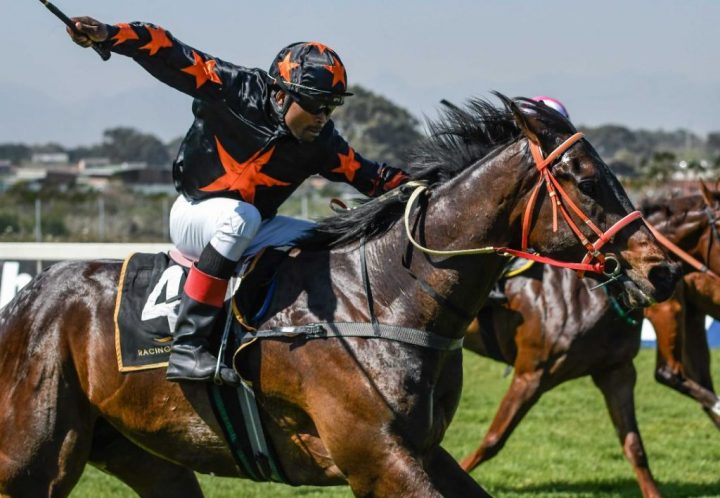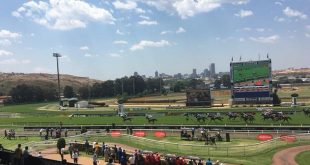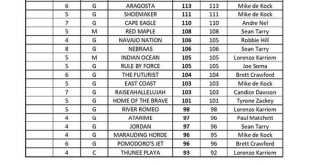Breaking the ice with Captain Garett at Kenilworth 11 days ago seems to have given a kick-start to Peter Wrensch’s training career. Certainly it has brought him to the attention of people who were only vaguely aware of the new kid on the block – albeit new being something of a relative term. Wrensch is 60!
“Since having that winner a number of people have said to me that they will look at having a horse with me come the New Year and the sales,” reports Wrensch who celebrates his birthday on the anniversary of the day St Patrick drove the snakes out of Ireland (March 17) and who became fully engaged in racing only six years ago.

“I was brought up in Durbanville and used to play on the racecourse with my friend Paul, son of the course manager Bill de Klerk,” Wrensch recalls. “I was always keen on horses but my father (sales director of a brick company) wanted me to become a chartered accountant and so, after doing my National Service in the Navy (I was a radar operator on a frigate), I went to UCT to study for a B.Com. But I soon discovered that I didn’t want to be an accountant at all and I dropped out after a year.”
“Instead I went into civil engineering, selling earth-moving equipment and PVC piping, but my passion was racing and I would ride work at Milnerton from 5.30am to 7.30am each day. I started riding at the Cape Hunt meetings in 1977, won the riders’ championship in 1989 and rode 20 winners in all.”
It was only in 2013 that he finally gave up the day job. “Ronnie Sheehan and Alan Higgins were sharing the same facility at the time and they asked me to give them a helping hand.” Higgins died the following year and Sheehan had no more than 18 horses. By the time he passed away last October they were only six left for his assistant to take over.
Wrensch now has ten plus two two-year-olds waiting in the wings. “Ideally you need 15 to 20 but you can survive on ten,” he says, assessing the economics of a small trainer’s operation. “I have no wife or kids to support – just horses. I have three staff and 12 boxes for which I pay R500-odd per stable per month – and at Milnerton there are a lot of empty boxes should I get those extra horses.
“I want to train 20 and at the moment my main patrons are Mauritian. We divide the horses into three categories – if they are decent enough to be competitive in Cape Town we keep them, if the handicapper gets to them we export them to Mauritius and if they are no good we dump them.”
In his assistant trainer days Wrensch had a reputation for entertaining the TV audience in winner’s box interviews (and for giving the presenters nightmares!) with his blunt no-holds-barred opinions. The Captain Garett one was tame by comparison – but expect a reversal to type in the future and Nevil Mu is one that the trainer confidently expects to put him in front of the cameras despite two recent flops.
“He ran very well on debut but the second time he was drawn on the rails and he spooked when he saw so many others coming over onto him in search of the better ground. He was stone last in no time. At Durbanville last week Muzi Yeni rode him but he was drawn 11 out of 12 and things didn’t go right at all.”
After so many years race-riding Wrensch tends to be critical of jockeys’ performances – and not for nothing was he known as Lester. But how did the nickname come about, I wondered? Was it because he rode so short or because he was so good?
Wrensch roars with laughter. “Neither. One day I was cantering down to the start when someone in the crowd along the rails took one look at me and shouted out: “Hey Lester. You will never ride a winner.”
By Michael Clower








